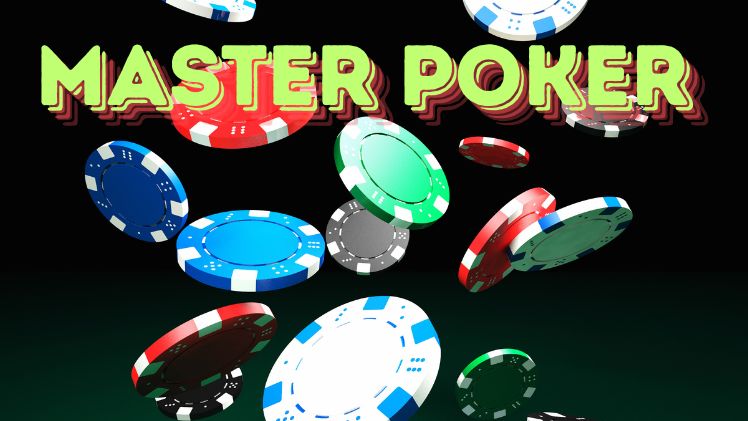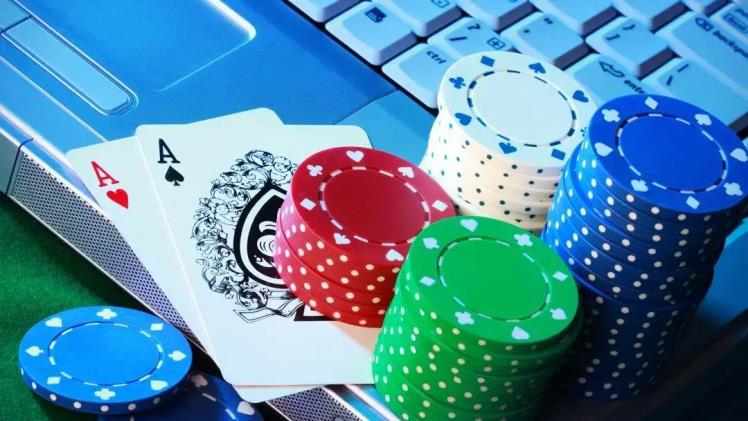Master Poker Skills Every Serious Player Must Learn
To become a truly successful poker player, you need more than just luck or intuition — you need skill, discipline, and a deep understanding of the game. Poker mastery is built over time through study, practice, and strategic thinking. Whether you play casually or aspire to become a professional, developing the right skills will help you gain consistency, confidence, and long-term success. This guide reveals the essential master poker skills every serious player must learn to compete at the highest level.
Understanding Core Poker Fundamentals
Every great poker player begins by mastering the fundamentals. Knowing hand rankings, pot odds, and position is essential to making informed decisions. You must understand when to bet, call, raise, or fold based on both your cards and your opponents’ behavior. Many players overlook these basics, but they form the foundation of a strong poker strategy. Once you’ve mastered these core concepts, you can start to develop more advanced techniques that separate amateurs from true masters.
The Power of Position and Table Awareness
Position is one of the most powerful tools in poker. Playing in a late position gives you valuable information about your opponents’ actions before it’s your turn to move. This allows you to make smarter choices, control the pot size, and apply pressure when necessary. Table awareness — understanding player tendencies and table dynamics — is equally important. Serious players constantly analyze their surroundings and adapt their strategies based on how others are playing.
Mastering the Art of Bluffing
Bluffing is one of the defining skills of a master poker player. It’s not just about pretending to have a strong hand; it’s about telling a believable story through your betting actions. A well-executed bluff can make even strong opponents fold. However, bluffing too often or without purpose can backfire. The key is balance — mix in well-timed bluffs with value bets to keep your opponents guessing. The most successful poker masters know when to bluff, who to bluff, and how to make it convincing.
Reading Opponents and Identifying Patterns
One of the most important skills in poker is the ability to read your opponents. Watch their betting patterns, timing, and reactions. Are they aggressive or cautious? Do they hesitate when bluffing? Over time, you’ll start to notice patterns that reveal how they think and play. Reading opponents doesn’t just mean observing their behavior — it also means interpreting their actions logically. Combining observation with analysis will help you make more accurate reads and gain a competitive edge.
Emotional Control and Mental Toughness
Poker is a mental game as much as it is strategic. Emotional control is what separates serious players from casual ones. Even the best players experience bad beats or losing streaks, but they know how to stay calm and composed. Avoid going on tilt, as emotional decisions often lead to costly mistakes. Developing mental resilience https://masterpoker8.com/ allows you to stay focused, patient, and disciplined throughout long sessions. A true poker master treats every hand as part of a bigger journey, not an isolated event.
Mathematical Thinking and Decision-Making
Successful poker players rely on logic, not emotion. Understanding poker math — such as pot odds, implied odds, and expected value — allows you to make better long-term decisions. These calculations help determine whether a call, bet, or fold is profitable in the long run. While intuition plays a role, numbers don’t lie. Combining analytical thinking with instinct gives you a powerful advantage and allows you to play each hand with clarity and confidence.
Discipline and Consistency
Discipline is one of the most underrated skills in poker. It’s what keeps you from making impulsive plays, chasing losses, or playing outside your bankroll. Serious players set limits, follow their strategies, and make decisions based on logic rather than emotion. Consistency in your playstyle and approach leads to gradual improvement and steady results. Remember, poker mastery is a marathon, not a sprint — discipline ensures you stay on course for long-term success.
Continuous Learning and Improvement
Even the best poker players never stop learning. The game evolves constantly, with new strategies and playing styles emerging all the time. Study your past sessions, review hands, and learn from your mistakes. Watch professional players, read poker books, and engage in discussions with other serious players. Continuous learning not only sharpens your skills but also keeps you adaptable — a key trait of every poker master.
Conclusion
Becoming a master poker player takes time, patience, and dedication. You must understand the fundamentals, control your emotions, and develop strong strategic thinking. Learn to read your opponents, master bluffing, and apply mathematical reasoning to every decision. With discipline and continuous improvement, you can transform yourself from a casual player into a true poker professional. By mastering these essential skills, you’ll be equipped to handle any challenge at the table and achieve consistent, long-term success in the world of poker.







